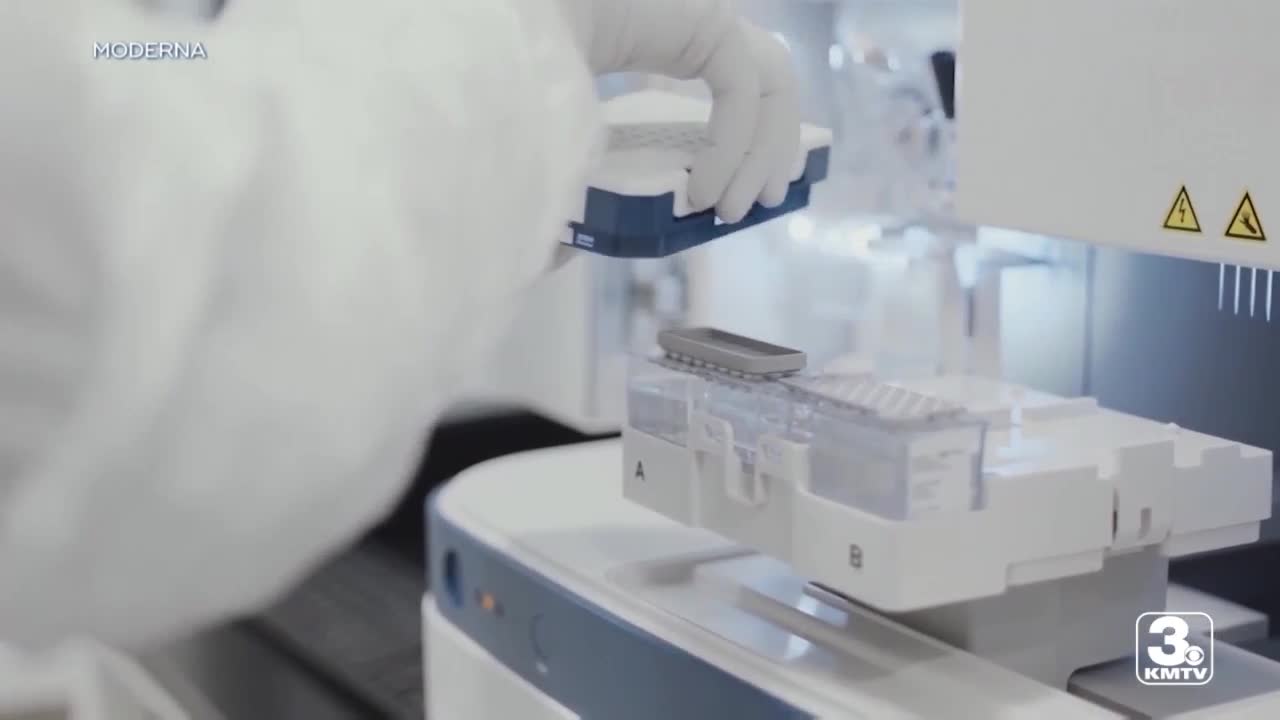IOWA — An FDA panel approved the Moderna COVID-19 vaccine Thursday moving it one step closer to distribution. Similar to the Pfizer vaccine, Moderna uses messenger RNA technology to protect the population from coronavirus.
Although the two vaccines are similar – they are not the same. Both vaccines require two doses, both are made of mRNA technology and both are 95% effective. But the biggest difference is storage.
The Pfizer vaccine has to be kept in ultra-cold freezers at negative 94 degrees Fahrenheit. Moderna can be kept at normal freezer temperatures, negative four degrees Fahrenheit.
But it's this difference that actually makes a difference as to who has access to a vaccine.
"It was just a capability that we hadn't had because it's not something that's normally used in this area," Pottawattamie County Director of Planning and Development Matt Wyant said.
Pottawattamie County has not received any Pfizer vaccines strictly because they don't have the capability to store them. This is the case for most of southwest Iowa.
"We do not have the capacity to store the Pfizer vaccine, we don't have the ultra-cold storage. So we are waiting for the Moderna," Mills County Health Department nursing coordinator Lorri Greiner said.
The state is allocating the Moderna vaccine specifically to more rural parts of Iowa – including both Pottawattamie and Mills counties.
"For the rural areas, the plan is to be able to get the Moderna and not the Pfizer because the Pfizer vaccine needs to be stored in these super cold freezers, it has to be minus 70 degrees Celsius. Pretty cold," CHI Health infectious disease expert Dr. Renuga Vivekanandan said.
Download our apps today for all of our latest coverage.
Get the latest news and weather delivered straight to your inbox.



